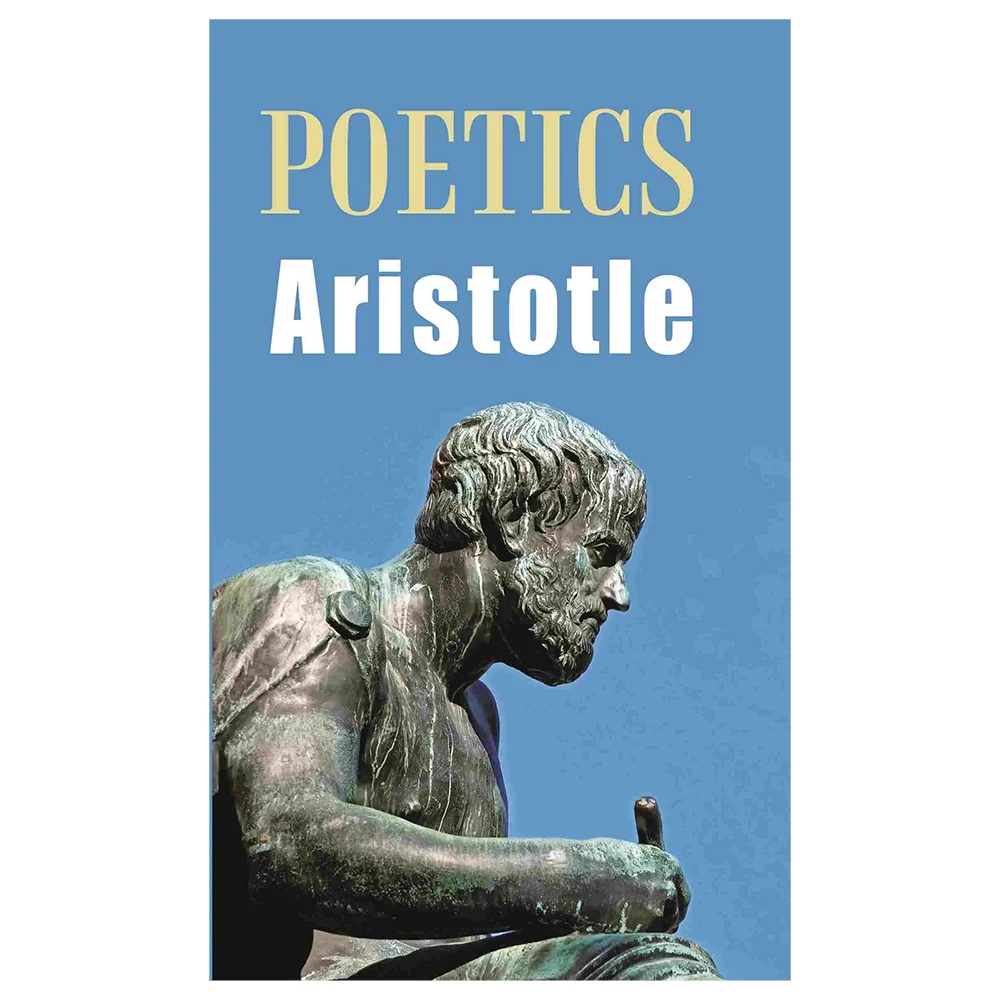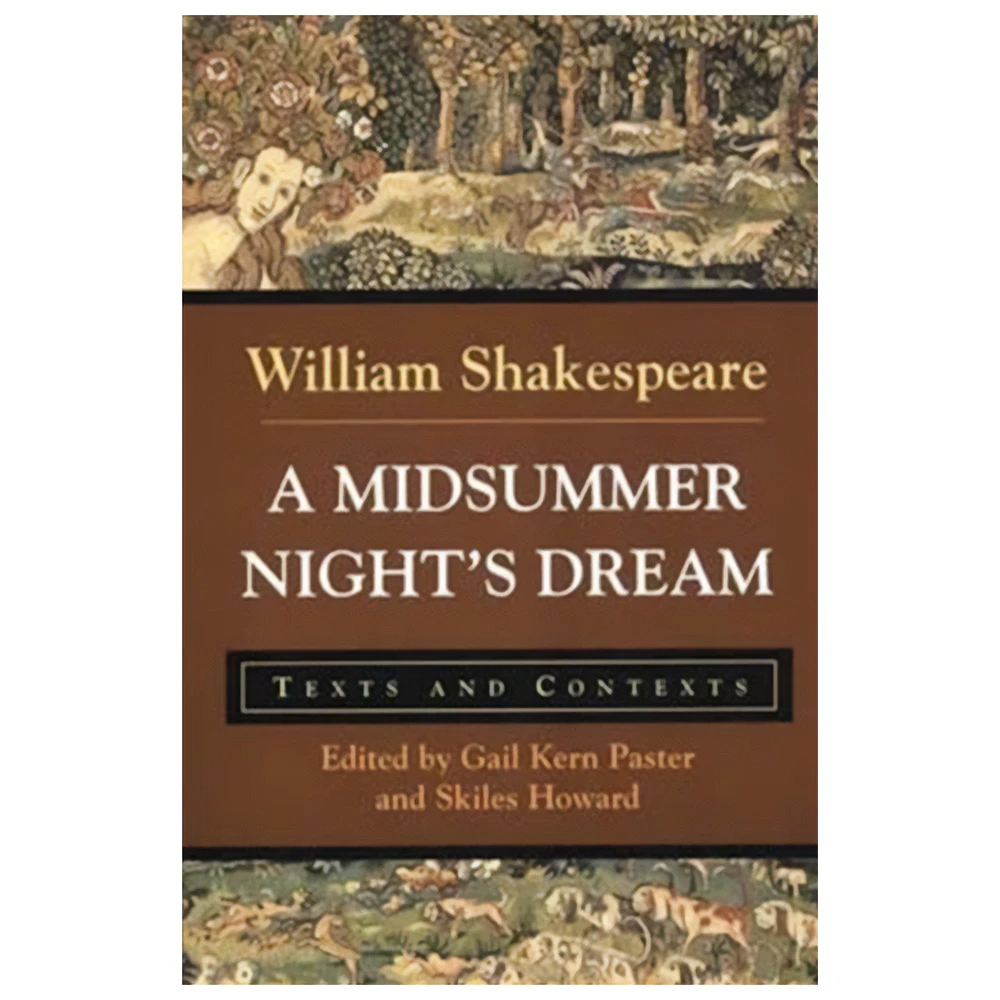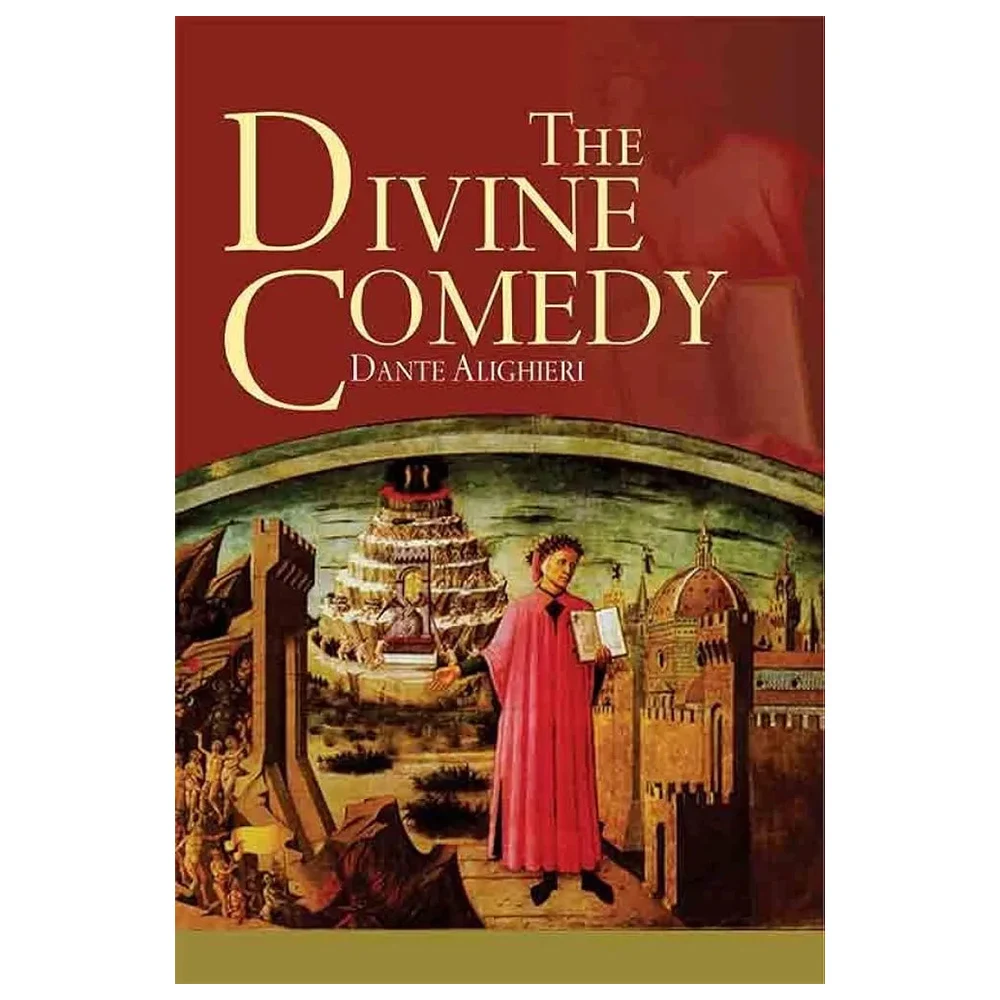Blog
From the Comedy That Wasn't Funny to Studio 8H
Comedy Extracts

"'Our grandfathers saw the same and our grandsons shall see no other.' And come the worst that can come, the distribution and variety of all the acts of my comedy are performed in a year. If you have attended to the succession of my four seasons, they comprehend the infancy, youth, virility, and old age of the world. The year has played its part, and has no new scene or shift but to begin again, and it will always be the same thing over and over again. Atque in se sua per vestigia volvitur annus* - 'The year rolls on within itself again.' I am not determined to contribute any new recreations for you."
From: PHILOSOPHY TEACHES US HOW TO DIE., Essays de Montaigne, 1580

“The same distinction marks off Tragedy from Comedy; for Comedy aims at representing men as worse, Tragedy as better than in actual life.”
From: Aristotle, Poetics, 330 BCE
“As, in the serious style, Homer is pre-eminent among poets, for he alone combined dramatic form with excellence of imitation, so he too first laid down the main lines of Comedy, by dramatizing the ludicrous instead of writing personal satire. His Margites bears the same relation to Comedy that the Iliad and Odyssey do to Tragedy. But when Tragedy and Comedy came 10 to light, the two classes of poets still followed their natural bent: the lampooners became writers of Comedy, and the Epic poets were succeeded by Tragedians, since the drama was larger and higher form of art.”
From: Aristotle, Poetics, 330 BCE
“Comedy is, as we have said, an imitation of characters of a lower type, -not, however, in the full sense of the word bad, the Ludicrous being merely a subdivision of the ugly. It consists in some defect or ugliness which is not painful or destructive. To take an obvious example, the comic mask is ugly and distorted, but does not imply pain.”
From: Aristotle, Poetics, 330 BCE

And, most dear actors, eat no onions, nor garlic, for we are to utter sweet breath; and I do not doubt but to hear them say, it is a sweet comedy.
From: Act V, Scene I, A Midsummer Night’s Dream, 1600

Still to that truth which has the face of lie
A man should close his lips the most he can,
Because, without a fault, it causes shame:
But this I cannot hide; and, by the notes,
Reader, I swear, of this same comedy, -
So of long grace may they become not void !”
“FROM bridge to bridge so, talking other talk, Which careth not my comedy to chant, We came; and we possessed the summit when We stopped to see the other fissuring Of Evilpits, and other vain laments; And I beheld it marvelously obscure.”
From: The Comedy of DANTE ALLIGHIERI, 1321
Condemn me not, you in the audience
If, whiles I am a beggar, among us Athenians
I talk affairs of state in a comedy.
You see, comedy has a sense of duty, too. Archarnians, Aristophanes, 497
"None of this, however, makes tragedy and comedy a pair of opposites. "
From: Aristophanes and the Definition of Comedy, M.S. Silk, 2000
